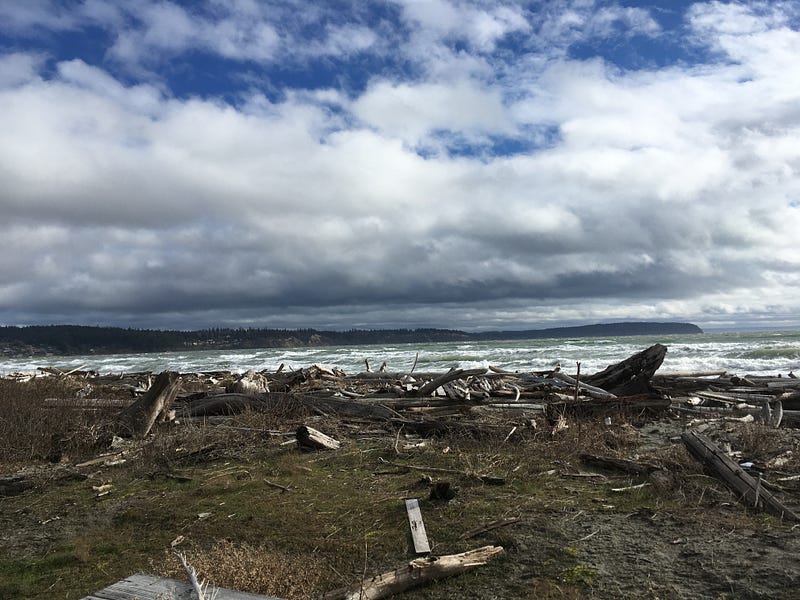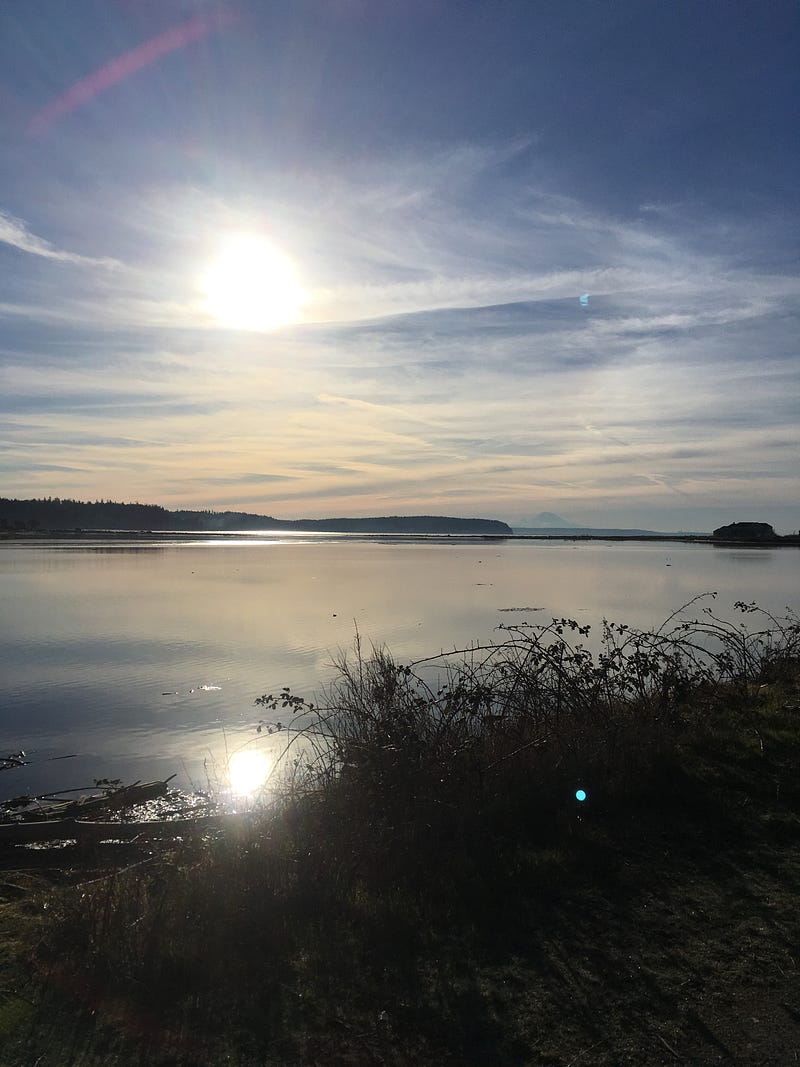Immigration
Dispelling Myths About Sanctuary Cities One City At A Time
In addition to galvanizing thousands of workers ahead of May Day rallies around the world, efforts around immigration during the first 100 days of the Trump Administration have called attention to ‘sanctuary cities,’ or cities that expressly limit cooperation with the federal government in order to protect undocumented immigrants from deportation. For cities and states invested in keeping their communities intact — which includes immigrant families — variations on the legally-flexible designation have become an effective form of organizing around the aggressive enforcement of President Trump’s campaign promises by Immigration and Customs Enforcement officials with the Department of Homeland Security.
According to CNN, roughly one-third more undocumented immigrants and more than double the number of non-criminal undocumented immigrants have been arrested in the first two months of Trump’s term compared to the same period in 2016. Spurred by fear and inspired by a surge of civic engagement, thousands of people have been using Change.org to transform petitions into a movement focused on ways to protect undocumented immigrants in their communities that complement sanctuary city work but offer alternatives. In California and Washington, for example, there have been recent moves to establish ‘sanctuary state’ status.
But as with many organizing efforts across the country, there is also meaningful change in towns and cities. In the small community of Langley, Washington, a city of about 1,000 people on Whidbey Island northwest of Seattle, Natasha Dworkin has been part of a small group of residents leading the effort for Langley to become an ‘inclusive city’ — a designation that seems to have less rhetorical baggage attached to it than sanctuary cities. I spoke to Natasha by phone earlier this month about her petition.
How did you come to start this work?
The week after the Presidential election, several of us were concerned with what might happen to members of our community who are undocumented immigrants. There was deep fear and concern that bad things could be coming. We wanted to do what we could in our community to preemptively address what those bad things might be.
A small group of us simultaneously thought that Langley should be designated as a sanctuary city. We were thinking of it as a demonstration of our values, not fully comprehending or even fully thinking through what it would mean in practice. We just felt a sense of desperation to express who we are and take a stance, helping those among us to feel safe.

We started independently to write letters to the mayor and city council and the city took it up as an issue. The discussion began. It’s now three months later and the discussion has been ongoing and it’s brought up a lot of different points of view, experience and knowledge among our electeds — and knowledge, in particular, about what it means to be a sanctuary city. It’s been a wonderful opportunity for community dialogue. It’s got people on the South end of the island talking.
Almost every city council meeting has had public comments dominated by conversation about whether Langley should become a sanctuary city. About a month after we started having this conversation, we put up the petition. We had a sense that there would be more support in the city where voters lived and we wanted a way to show our officials how much support there is and demonstrate that it’s a way to take things more seriously. Not just for the people who live and vote there and go to doctors there and send their children to schools there.
Tourism is Langley’s main source of income, people who come to visit, it’s become special to them. We were getting signatures from Langley voters and we were also getting signatures from as far away as Bhutan. That was unexpected for us.
Something that you can’t see is that we’ve been collecting petition signatures on the ground to augment the petition online. We’ve set up tables as people enter the grocery store and pressed doorbells. So in addition to the signatures on Change.org, we have another several hundred we’ve collected on the ground. We delivered that petition to a city council meeting that had to be held in a larger venue — 80 to 100 people showed up, usually there are far fewer — so it was held at a church. One of the members from our organizing team presented the petition and the close to 500 signatures to the council at that time.
Where do things stand now?
First of all, our petition is lobbying for the city to pass an ordinance. ‘Sanctuary city’ as a phrase is kind of loaded. It’s misunderstood. At the root of that misunderstanding is a fundamental misunderstanding people have about refugees and immigrants.
Sanctuary makes people think that we’re opening our community to refugees — so they wonder, “How will we house them? How will we accommodate them in schools? How will we start an ESL program in our schools if these refugees come here?” That’s what someone said at a recent city council meeting. “Inclusive city” is not quite as loaded.
We are trying to get the city of Langley to pass an ordinance that includes not passing information to law enforcement on vulnerable residents and having the Langley Police Department do the federal government’s dirty work for them.
Langley passed an inclusive city resolution at the council meeting on February 21st, which is good first step. It doesn’t include the language we want and it’s not enforceable. It’s really just a declaration of the city’s values. We have put our jurisdiction in touch with other jurisdictions — police chiefs who have sanctuary city ordinances — to help our police chief think through some of his fears about what it would mean. We’re doing stuff with other city council members in other cities throughout the Pacific Northwest.

Given that Langley doesn’t have a big community of immigrants what is the value of doing this work?
While the community in Langley is about 1,000 people within the city, Langley police cover a larger group of people. Muslim people do live on the South end of Whidbey Island, and have the possibility of having interaction with Langley people. They travel to Langley and it’s important that they feel safe being in Langley. It’s widely documented that where police are wedded to that designation, trust is built up in those jurisdictions as a result. Someone who’s undocumented might be hesitant to call the police department or fire department because they’re worried what might happen if someone finds out they’re undocumented. But in sanctuary cities, their safety is enhanced, so all of our safety is enhanced. We think that’s really important.
One of the challenges we’ve faced is that city council and some residents feel like this should only be voted upon by people who live within the city limits of Langley. But I consider it my hometown even if I don’t technically live there. Langley could lead the way for our county (Island County) to become a Sanctuary County, surrounded by other counties that have sanctuary county designations. We’re in a sea of counties that have already become sanctuary counties.
The primary resistance we experience is lack of public education. It’s eye opening for us and we’re still very shy of where we’d like to be. What we’ve come up against every step of the way is a real deep level of misinformation.
There’s a lot of fear that comes up at city council meetings about how we’re going to support of this potential influx of people who would come to our city as a result of this status. There’s a lot of people who share that point of view, but it also represents a real lack of information and sense of misinformation.
The implication is that the only people who would benefit from the ordinance or inclusive city status are outsiders?
Yes. But it’s expensive to live here. We’re not an urban environment that has a lot of social services in place. It’s not appealing for immigrants who come to the U.S. to work. This thought that if we do this it’s going to invite all these people we can’t support is unrealistic.
In my perfect world Langley will pass this ordinance. We might be the smallest sanctuary city yet and we’re small and mighty, demonstrating the kind of community we want to be. Really, what we want to do is see these protections in place for marginalized people in our community. We don’t want to be playing dirty or making people feel bad. We really want to focus on what our goal is and keep providing solid good information to correct the misinformation that’s out there and continues to persist.